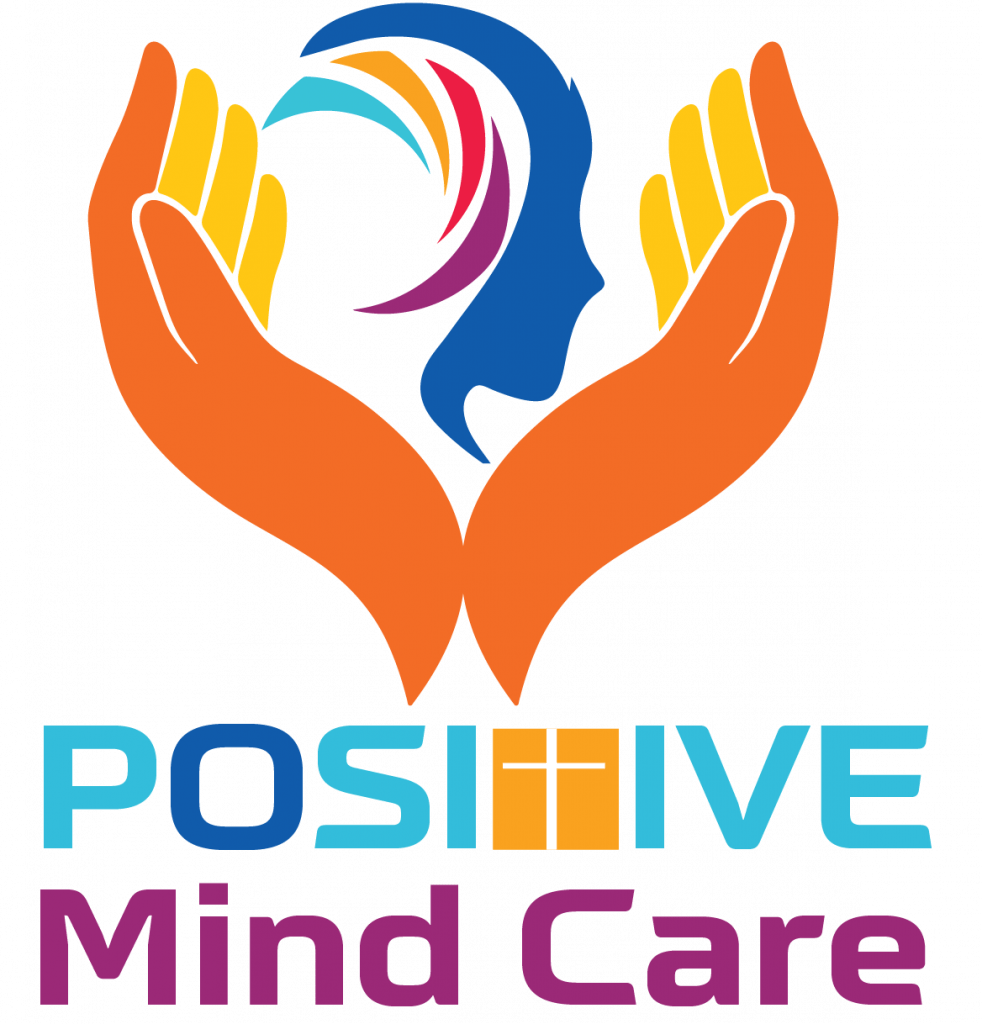The connection between diet and mental health is a topic of growing interest and importance in the field of psychology and psychiatry. As advocates for holistic mental health care, Positive Mind Care recognizes the profound impact of diet on mood regulation and overall well-being. In this blog, we’ll explore the relationship between diet and mental health, highlighting the importance of nutrition in promoting emotional resilience and supporting mental wellness.
Understanding the Gut-Brain Connection:
Emerging research suggests that the gut-brain connection plays a crucial role in mental health. The gut microbiome, comprised of trillions of microorganisms residing in the digestive tract, communicates bidirectionally with the brain via the gut-brain axis. This communication pathway influences various aspects of mental health, including mood regulation, stress response, and cognition.
Impact of Diet on Mood Regulation:
Dietary patterns and nutrient intake can significantly impact mood regulation and emotional well-being. Certain foods and nutrients have been shown to exert beneficial effects on mental health, while others may contribute to mood disturbances and psychological symptoms:
Omega-3 Fatty Acids: Omega-3 fatty acids, found in fatty fish, flaxseeds, chia seeds, and walnuts, are essential nutrients with anti-inflammatory properties. Research suggests that omega-3s may help reduce symptoms of depression and anxiety and support overall brain health.
Complex Carbohydrates: Complex carbohydrates, such as whole grains, fruits, and vegetables, provide a steady source of glucose to the brain, which is essential for optimal cognitive function and mood stability.
Antioxidants: Antioxidant-rich foods, including berries, leafy greens, and nuts, help combat oxidative stress and inflammation in the brain, which are implicated in mood disorders and cognitive decline.
Probiotics and Fermented Foods: Probiotics, found in yogurt, kefir, sauerkraut, and kimchi, promote a healthy gut microbiome and may have beneficial effects on mood and stress resilience.
Sugar and Processed Foods: Excessive consumption of sugar and processed foods has been linked to increased inflammation, oxidative stress, and dysregulation of the gut microbiome, all of which can negatively impact mood and mental health.
Promoting Mental Well-being Through Nutrition:
Positive Mind Care emphasizes the importance of nutrition in promoting mental well-being and offers the following tips for incorporating a brain-healthy diet into your lifestyle:
Eat a Balanced Diet: Focus on incorporating a variety of nutrient-dense foods into your diet, including fruits, vegetables, whole grains, lean proteins, and healthy fats.
Prioritize Omega-3s: Include sources of omega-3 fatty acids in your diet, such as fatty fish (salmon, mackerel, sardines), flaxseeds, chia seeds, and walnuts, to support brain health and mood regulation.
Limit Sugar and Processed Foods: Minimize consumption of sugary snacks, refined carbohydrates, and processed foods, which can contribute to inflammation and mood disturbances.
Stay Hydrated: Drink plenty of water throughout the day to stay hydrated and support optimal brain function.
Listen to Your Body: Pay attention to how different foods make you feel and adjust your diet accordingly. Experiment with incorporating new foods and recipes into your meals to find what works best for you.
Conclusion:
The impact of diet on mood regulation and overall mental well-being cannot be overstated. By nourishing your body with nutrient-rich foods and prioritizing a brain-healthy diet, you can support emotional resilience, cognitive function, and mental wellness. Positive Mind Care is committed to empowering individuals to make informed choices about their nutrition and overall health as part of our holistic approach to mental health care. If you or someone you know is struggling with mental health concerns, consider reaching out to Positive Mind Care for personalized support and guidance on the journey towards wellness.



